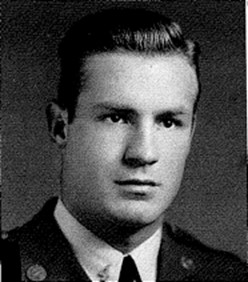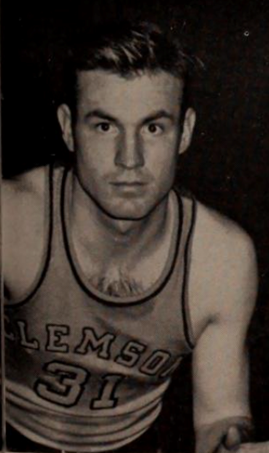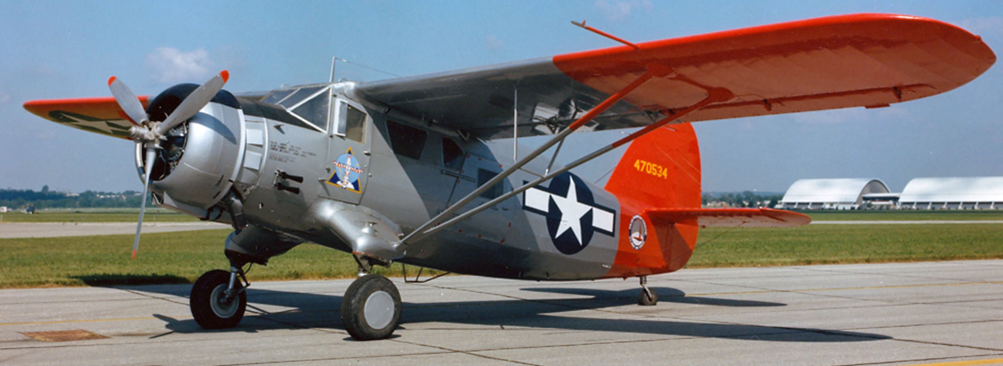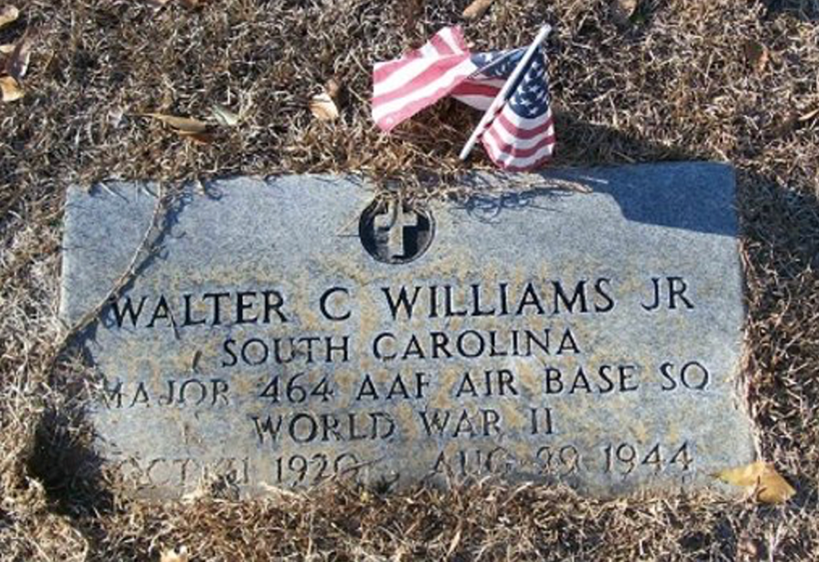Scroll of Honor – Walter Cleo Williams, Jr.
Quick Reflexes
Written by: Kelly Durham
Since the 1830s, Amchitka near the western end of the Aleutian Islands of Alaska, has been uninhabited. The one hundred sixteen square mile island is bordered on the north and east by the Bering Sea and on the south and west by the North Pacific. Frequently stormy, Amchitka is covered by clouds ninety-eight percent of the time. It is a barren, inhospitable place, but during World War II was the home of an Army Air Force base commanded by Clemson alumnus Walter Cleo Williams, Jr. from Swansea.
 “Dub” Williams possessed the quick reflexes of a two-sport letterman. A member of Clemson’s Class of 1941, Williams was a guard on Coach Rock Norman’s basketball squad and played baseball for Coach Randy Hinson. A general science major, he was a member of the Block “C” Club and marched with the Pershing Rifles. As a junior, Williams was selected as the 2nd Battalion, 2nd Regiment’s best drilled sergeant.
“Dub” Williams possessed the quick reflexes of a two-sport letterman. A member of Clemson’s Class of 1941, Williams was a guard on Coach Rock Norman’s basketball squad and played baseball for Coach Randy Hinson. A general science major, he was a member of the Block “C” Club and marched with the Pershing Rifles. As a junior, Williams was selected as the 2nd Battalion, 2nd Regiment’s best drilled sergeant.
Immediately following graduation, Williams entered the Army Air Corps. He received his primary flight training in Texas where he was appointed captain of his aviation cadet class. Graduating to advanced training at Randolph Field, Williams served as cadet battalion commander. In January 1942, Williams earned his pilot’s wings at Kelly Army Airfield near San Antonio.
Williams was assigned as a transport pilot and sent to Patterson Field in Ohio. He served as a check pilot for various types of Army aircraft and was assigned as the engineering officer at air bases in Sumter and in Avon Park, Florida. In early 1944, Williams was ordered north to Alaska, where he assumed duties as air inspector for Army airfields in the Aleutians. By August of that year, Major Williams was serving as the acting commander of the Army airfield on Amchitka.
Although the Allies mostly considered the Aleutians a distraction, the June 1942 seizure of some of the western Aleutians by the Japanese forced joint American and Canadian efforts to regain the territory. US planners decided to build a series of airfields in the Aleutians from which Allied forces could bomb the Japanese invaders. One of these airfields was on Amchitka.
American forces landed unopposed there in January 1943 and by mid-February, the airfield was operational, despite bad weather. Although fighting in the Aleutians was over by the end of July when the Japanese evacuated their remaining troops, the US continued to maintain bases there.
On the afternoon of August 29, 1944, Major Williams piloted a UC-64A Norseman aircraft on a routine personnel ferry flight from Kiska bound for the Army airfield at Adak, about 170 miles to the east. On takeoff, with seven passengers onboard, the aircraft’s engine backfired twice. Flames shot from its exhaust. Williams radioed the control tower that he was returning to land, but on final approach the aircraft was too low. Williams turned the Norseman to the right, away from the onrushing ground and toward the lower elevation of Salmon Lagoon. The aircraft crashed at the edge of the water, hitting on its left wing and landing gear. The plane came to rest on its back. All of the passengers survived due to Williams’s quick reflexes, but he was killed in the crash. Accident investigators attributed the accident to the loss of engine power and absolved Williams of fault.
 Major Walter Cleo Williams, Jr. was survived by his wife, the former Margaret Wright of Honea Path, and their daughter Peggy.
Major Walter Cleo Williams, Jr. was survived by his wife, the former Margaret Wright of Honea Path, and their daughter Peggy.
For more information on Walter Cleo Williams, Jr. see:
https://soh.alumni.clemson.edu/scroll/walter-cleo-williams-jr/
For additional information about Clemson University’s Scroll of Honor visit:
https://soh.alumni.clemson.edu/
